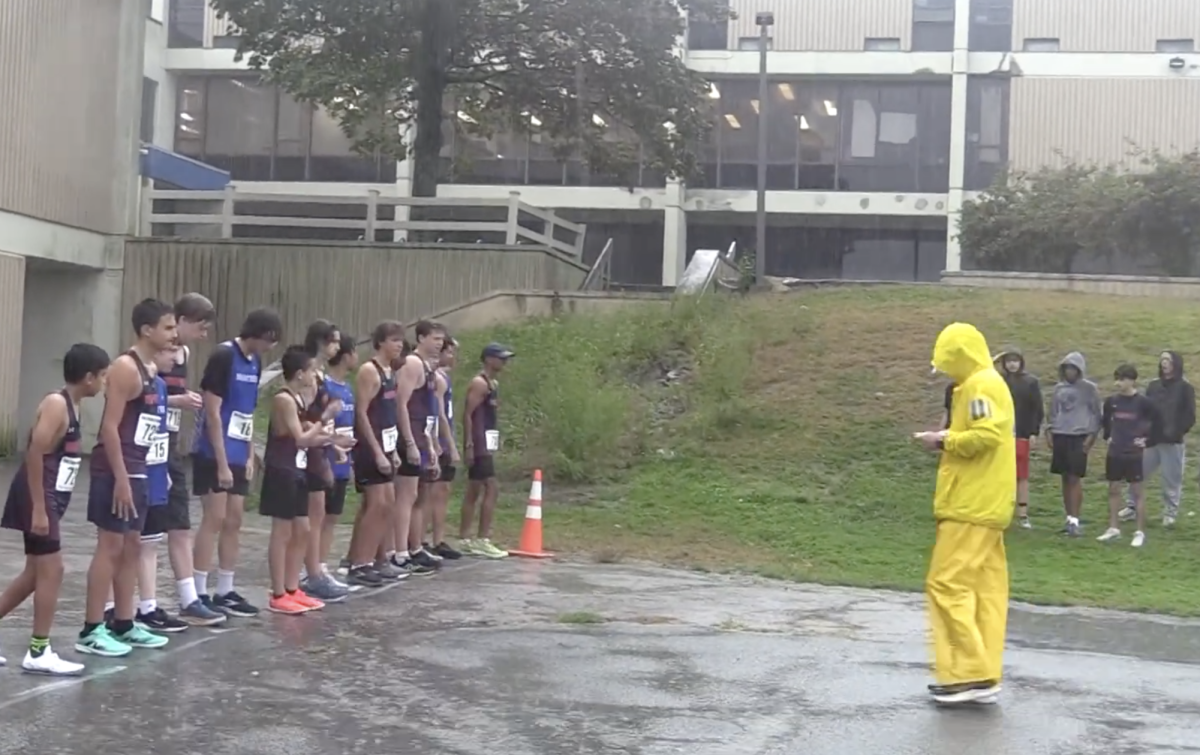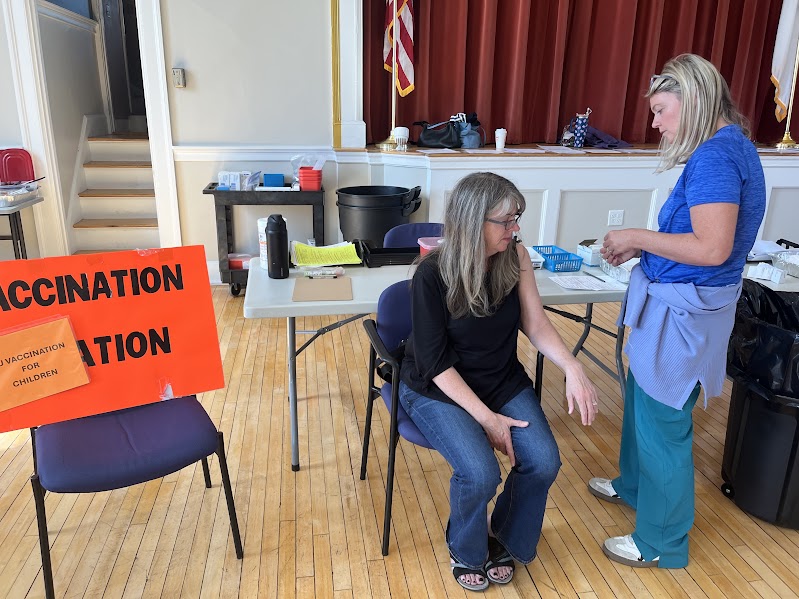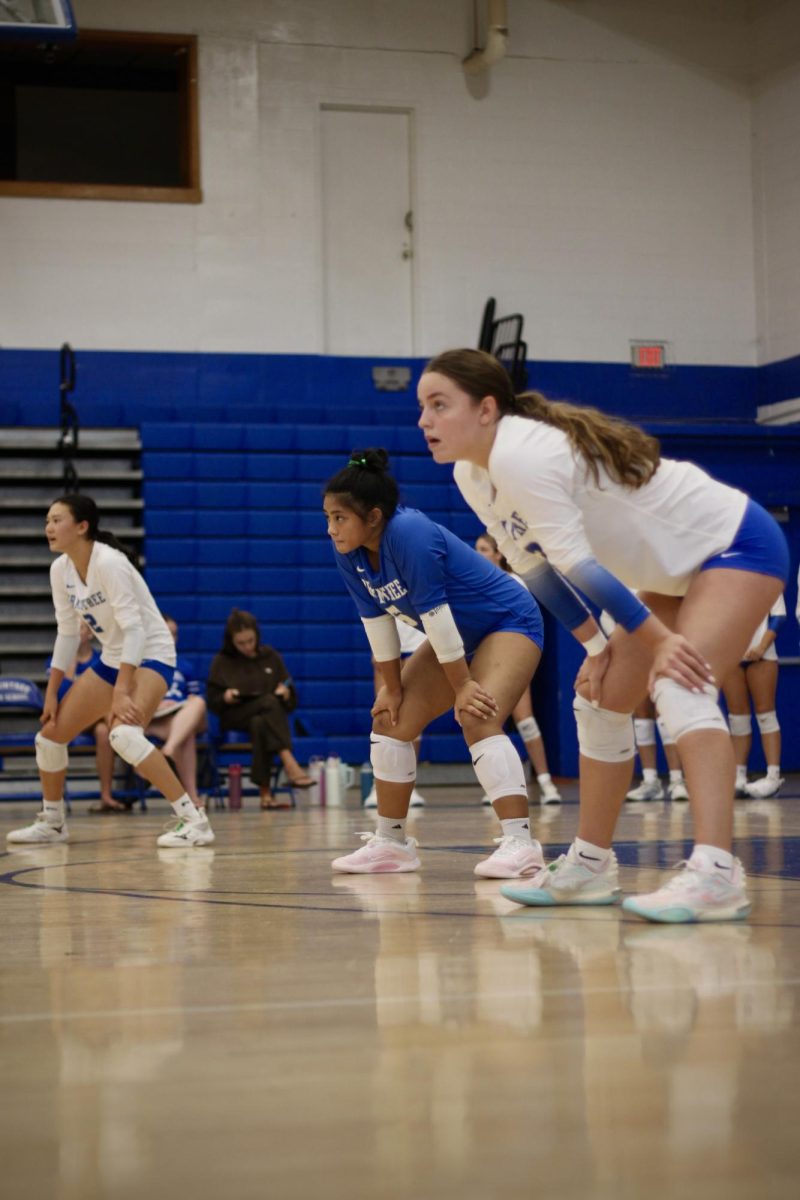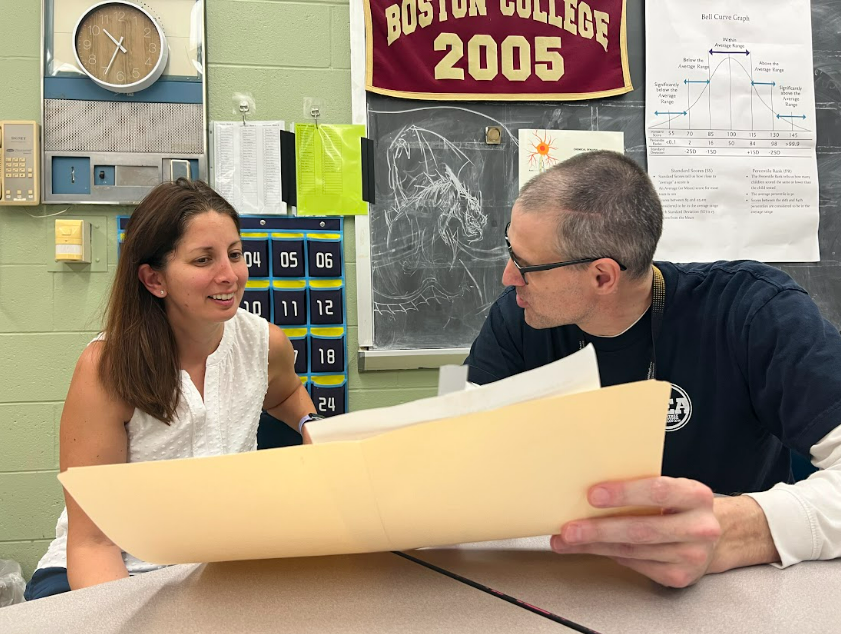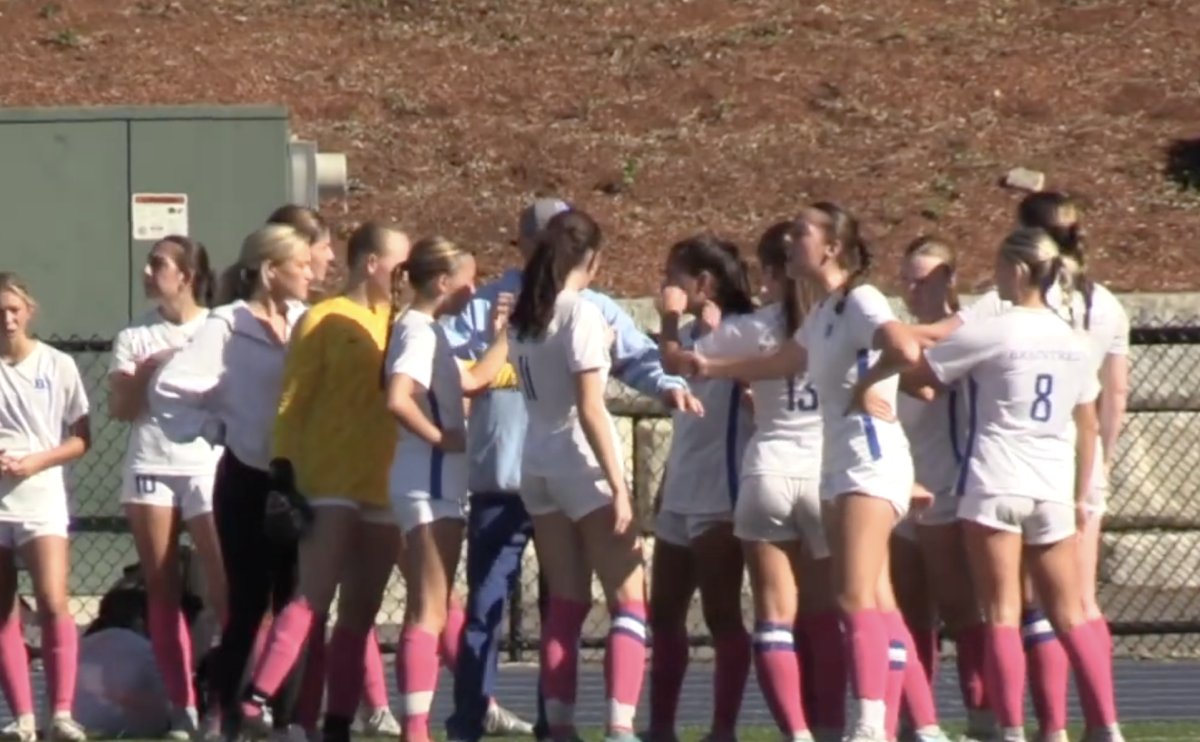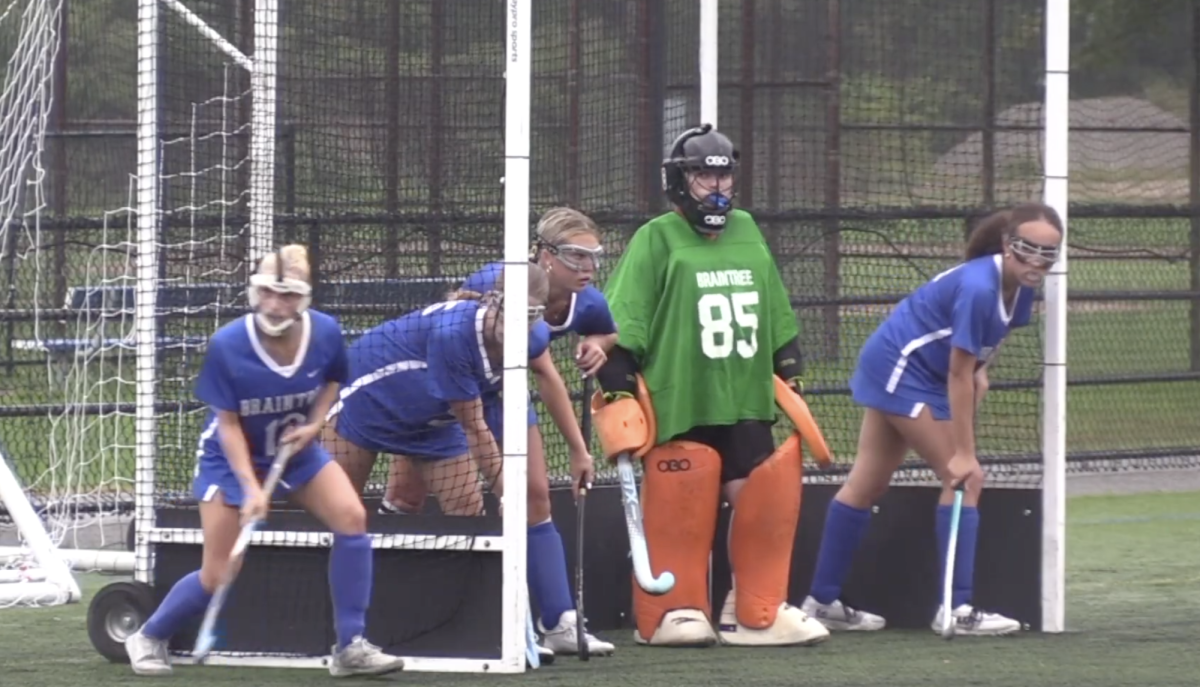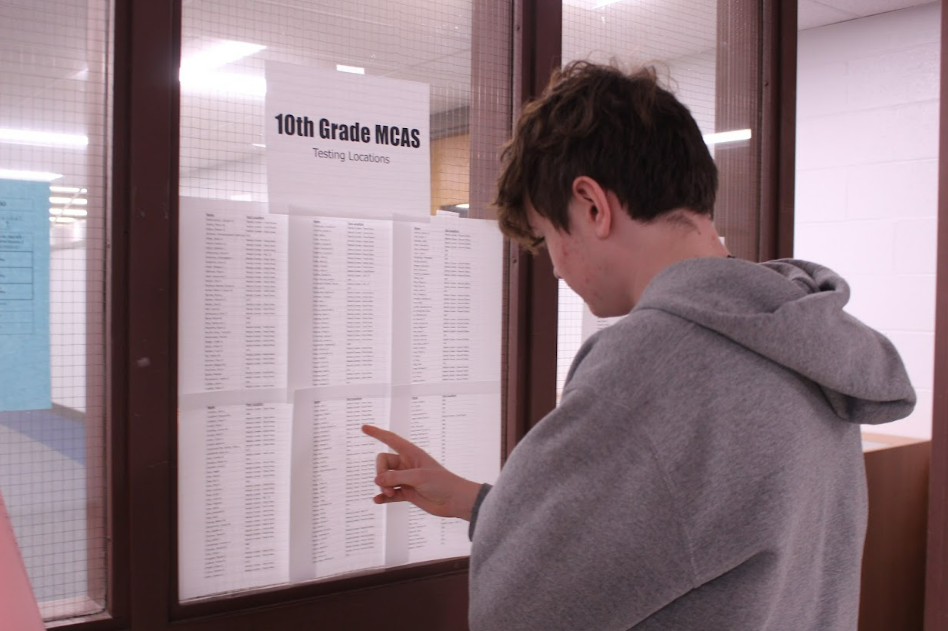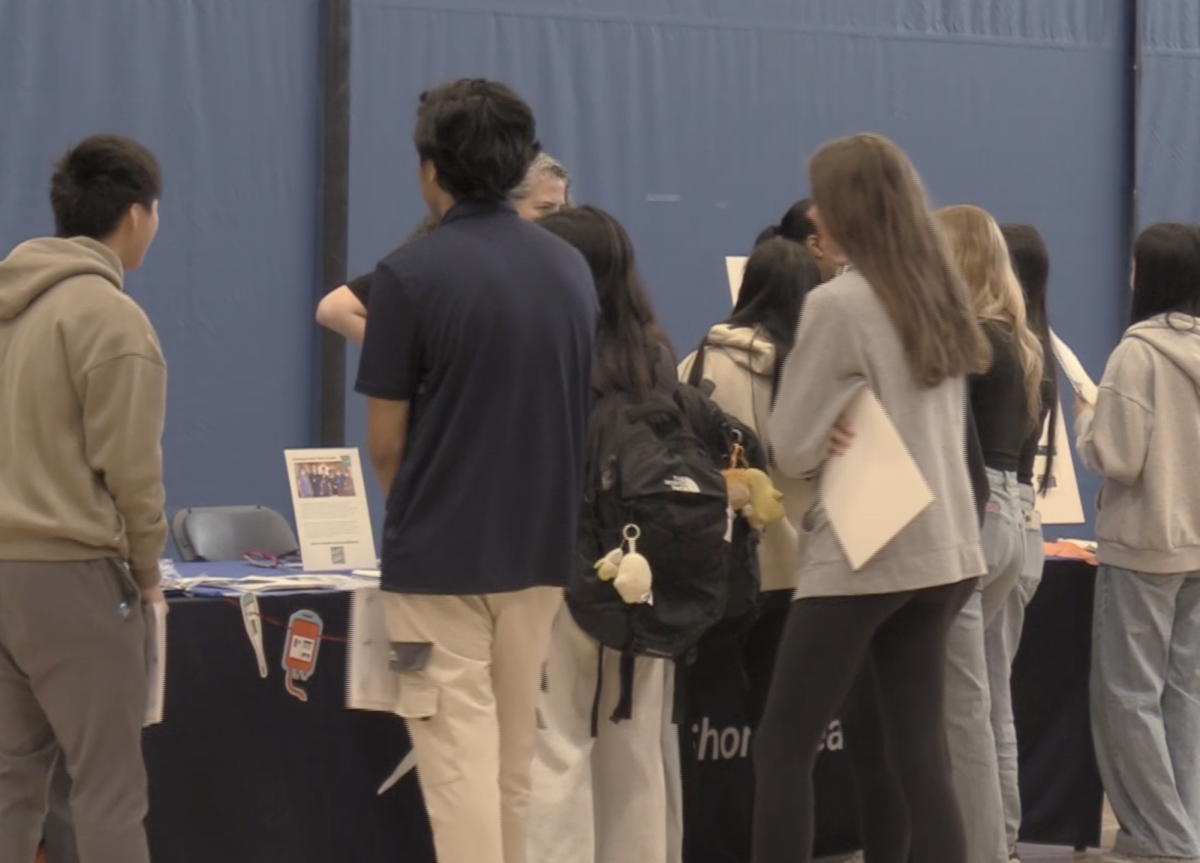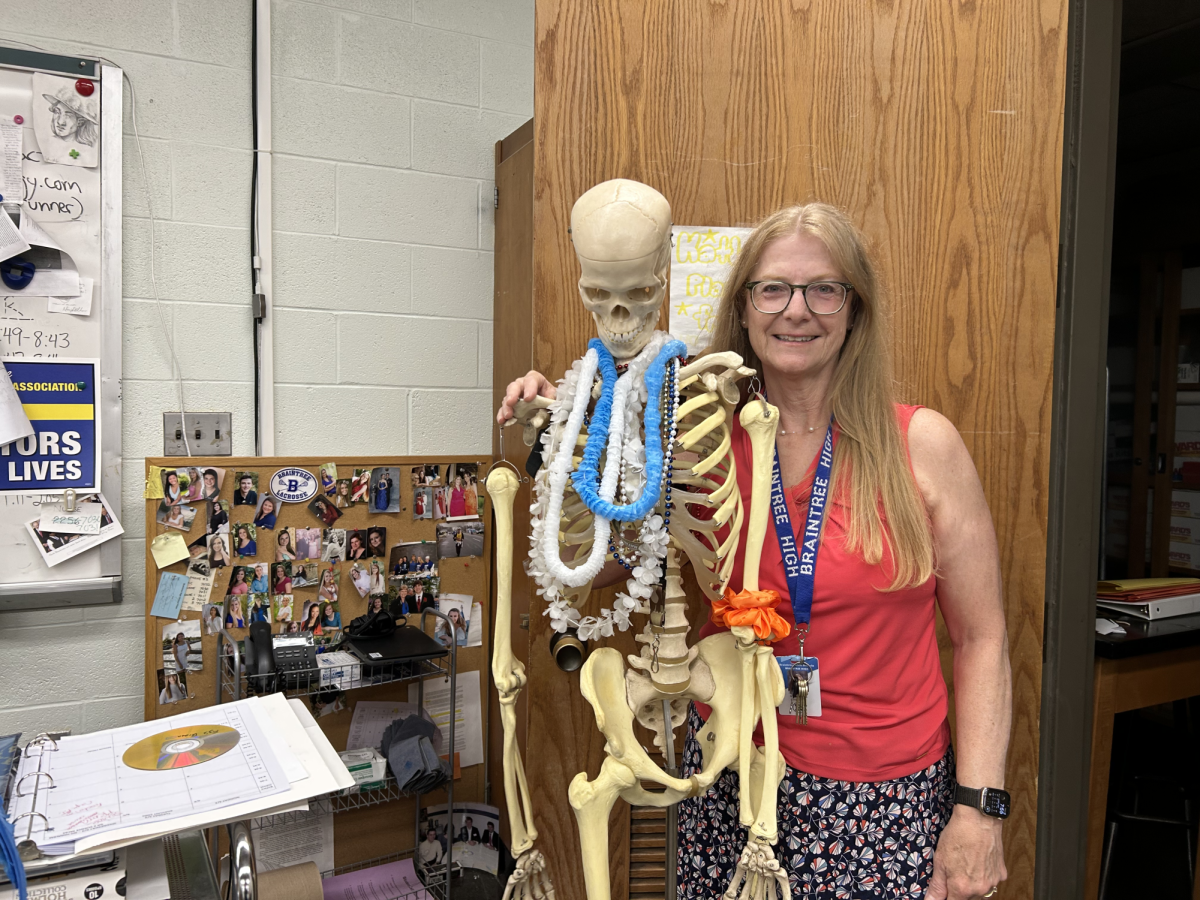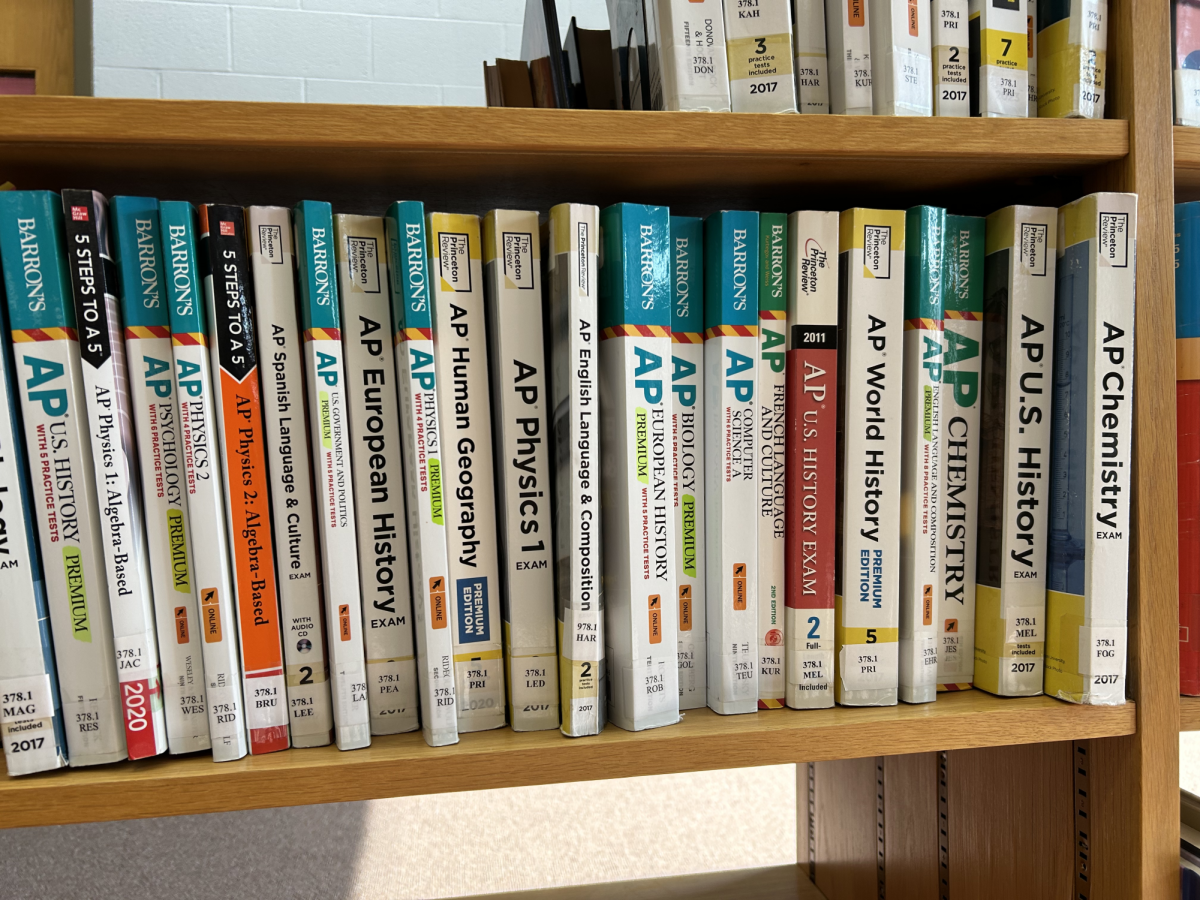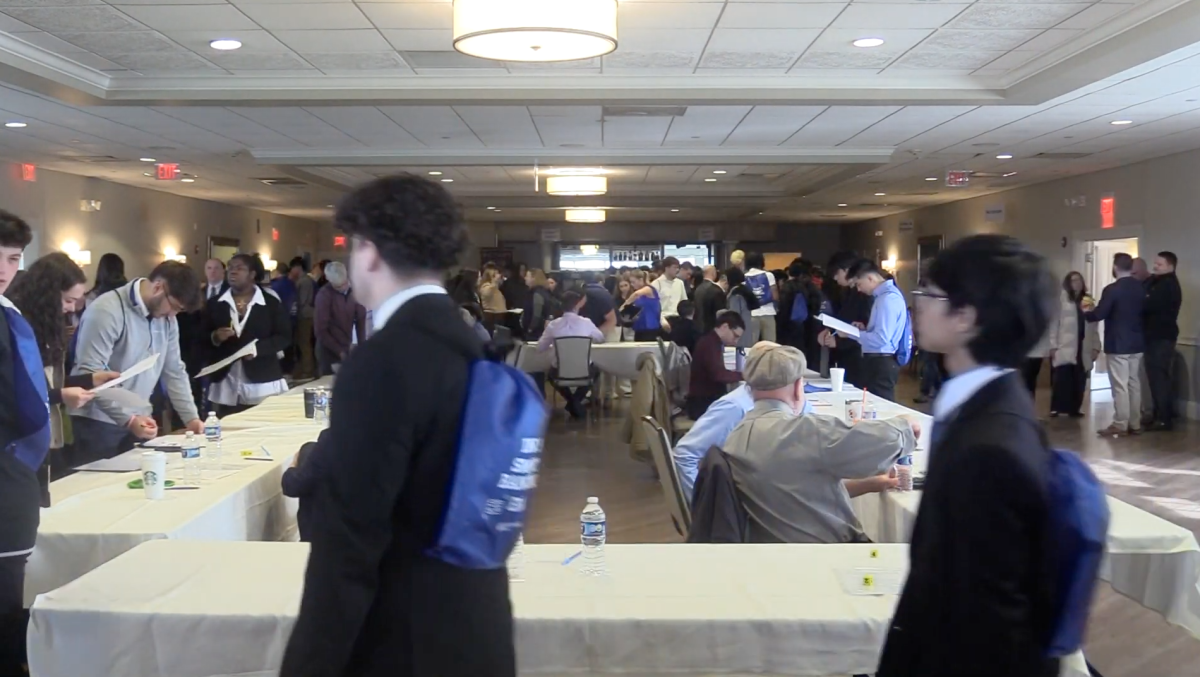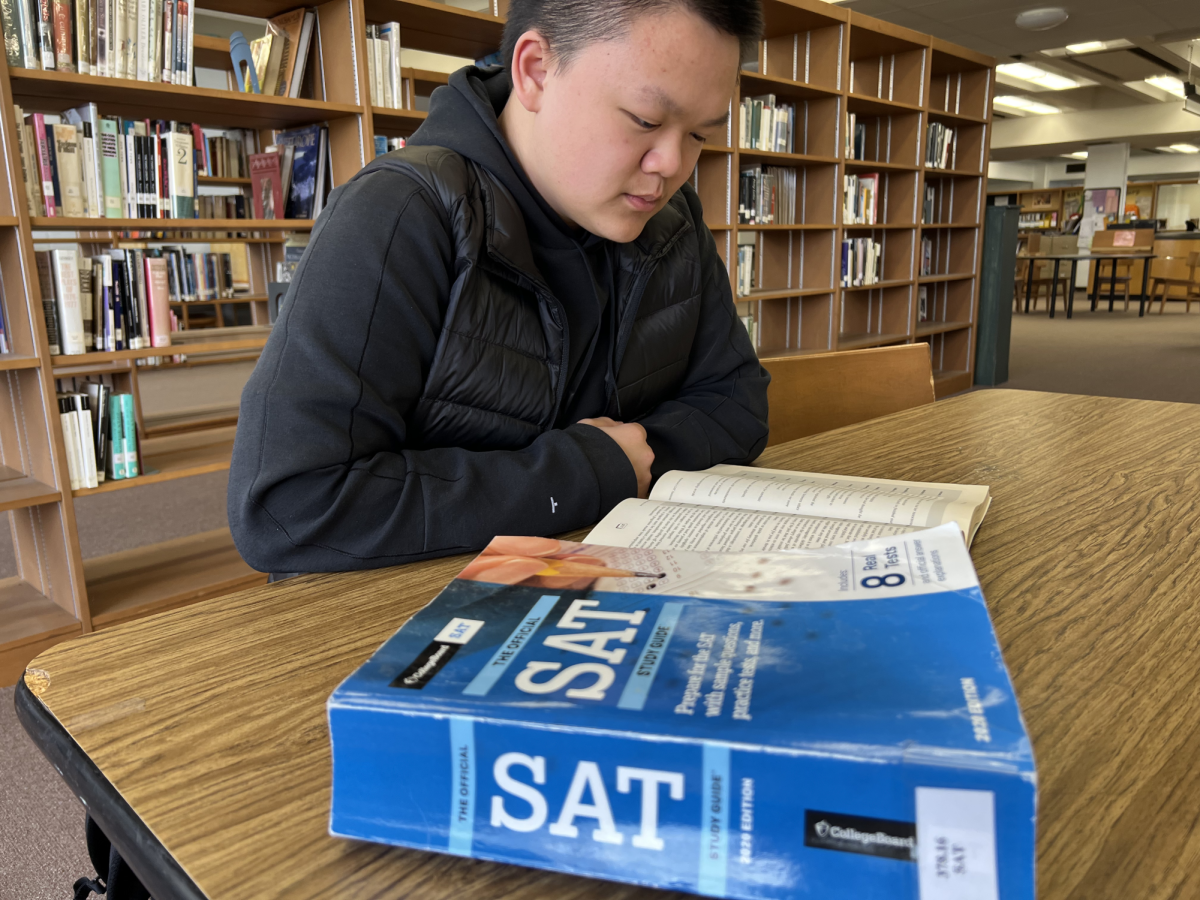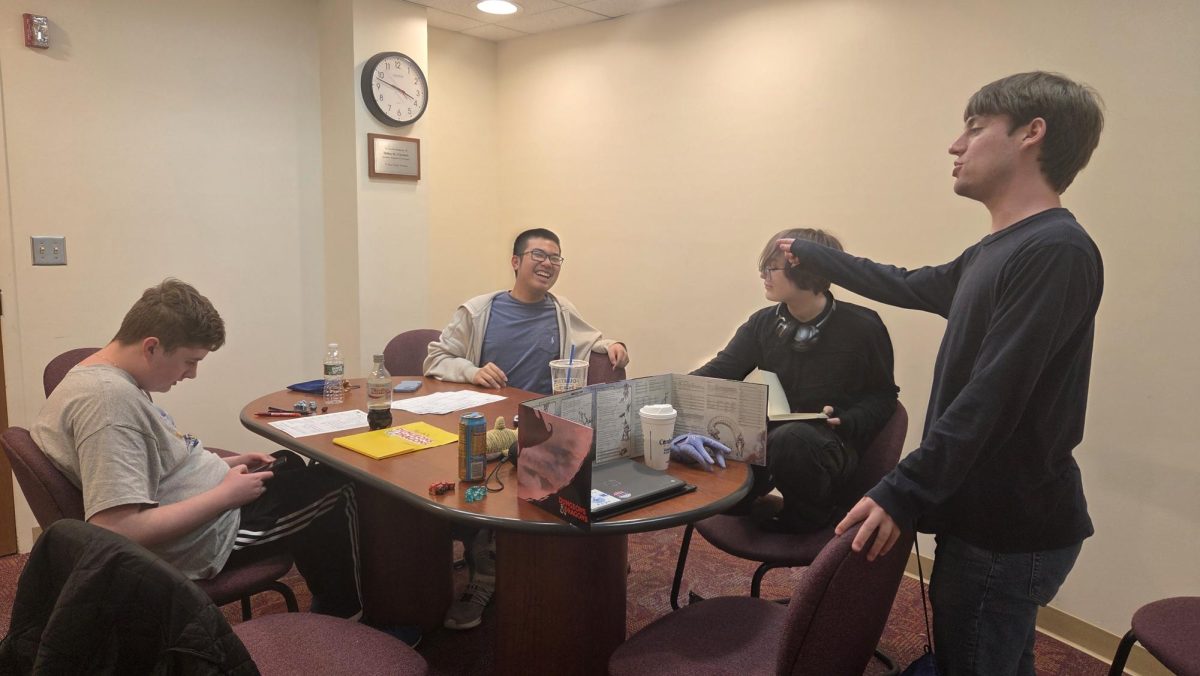In Massachusetts, starting with the class of 2027, students are no longer required to pass the MCAS exams to graduate from high school. This shift marks a significant change in state education policy, aiming to provide more impartial pathways to graduation. Instead of relying on standardized test scores, schools are focusing on a broader range of assessments and classwork to determine student readiness for graduation. The goal is to support diverse learning styles and reduce barriers that standardized testing may create for some students.
“The MCAS was originally designed to make sure that there was equity across all school systems, so that if you’re in a big urban school system that has disadvantages because they’re underfunded or resourced…MCAS was supposed to kind of shine a light on those discrepancies,” said Ms. Janiero, head of the English Department.
The English director isn’t the only person affected by these changes. Braintree High School sophomores, Caleigh Daley and Joely Wang, are preparing to take the MCAS exam at the end of the month.
“I think [the requirement removal] is good and bad because the rule definitely benefits people who may not be the best at taking tests but I feel like there should still be some standardized way to ensure that students are meeting certain benchmarks because people might not try anymore,” expressed Joely.
While some students are aware of the removal of the requirement, some students weren’t informed of the removal.
Mrs. Dziedzic stated, “I’m actually not sure if most of the kids realize that MCAS is no longer a graduation requirement.”
Teachers are now encouraging students to continue to try on the test because of the possibility of earning a scholarship. This scholarship is called the John and Abigail Adams Scholarship. All Massachusetts students that attend a public high school and score advanced in English or Math and proficient in the other sections can receive this scholarship, which is helpful for junior and senior year while applying for colleges.
Mr. Daley, a freshman and junior English teacher noted, “I have noticed a difference in students who had not passed as sophomores who were nervous at the beginning of the year…and now they don’t appear to care in the same way, which is concerning because you still want kids to pass because it is a representation of us as a school.”
Just like Ms. Janiero, Mrs. Orzechowski, a freshman math teacher, also taught in a school district where many kids did not pass the MCAS.
“I think it’s so unfair. For instance the special education kids or the EL kids who just moved here from another country aren’t going to be able to get their high school diplomas.”
All three teachers can agree that no matter what the requirements are, they still teach to the same curriculum and standard as always. They believe that even though it isn’t a requirement to pass the MCAS, it is still important that they give the students all the skills that they need to do their best in hopes of a scholarship and to represent Braintree High School in the best light.




